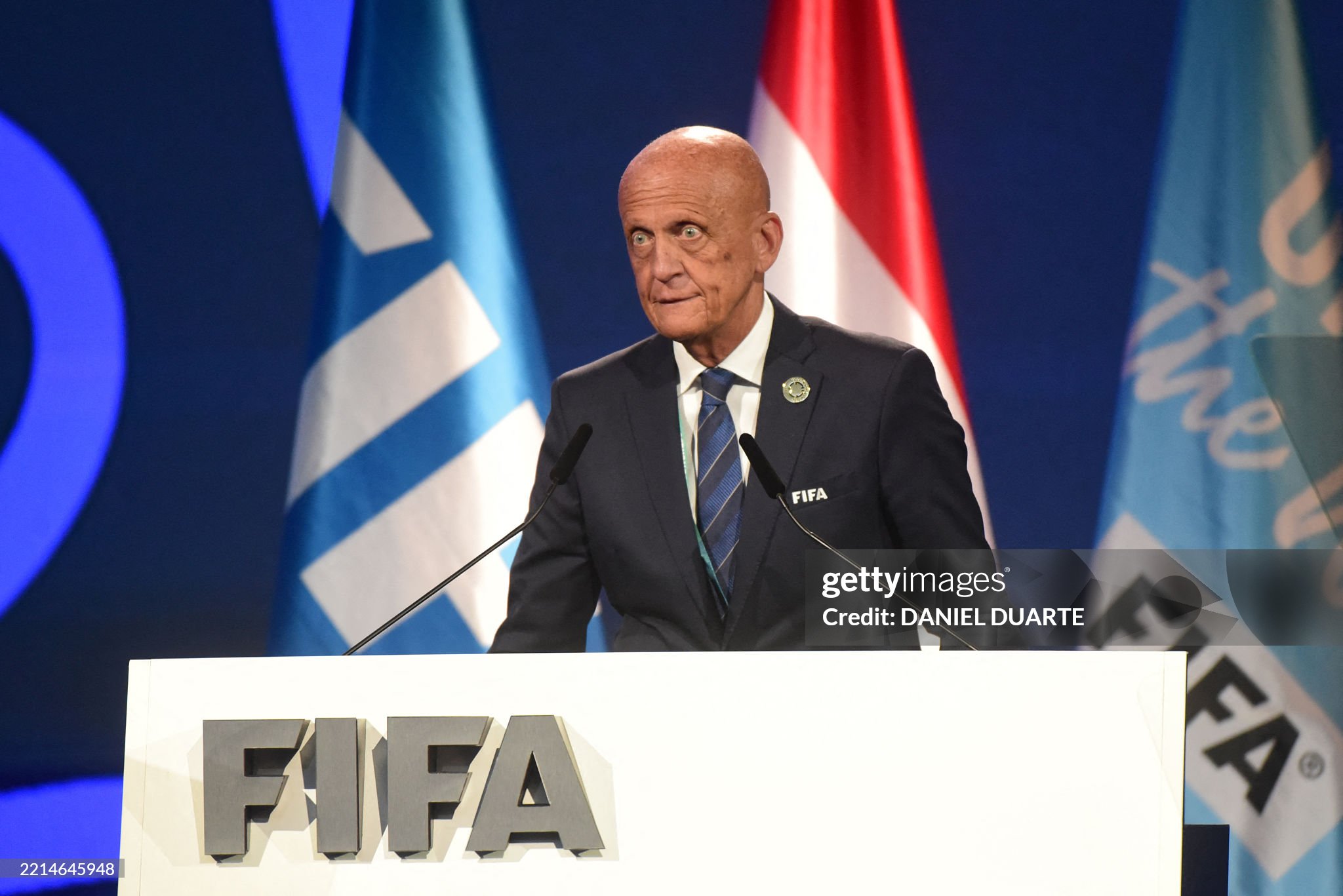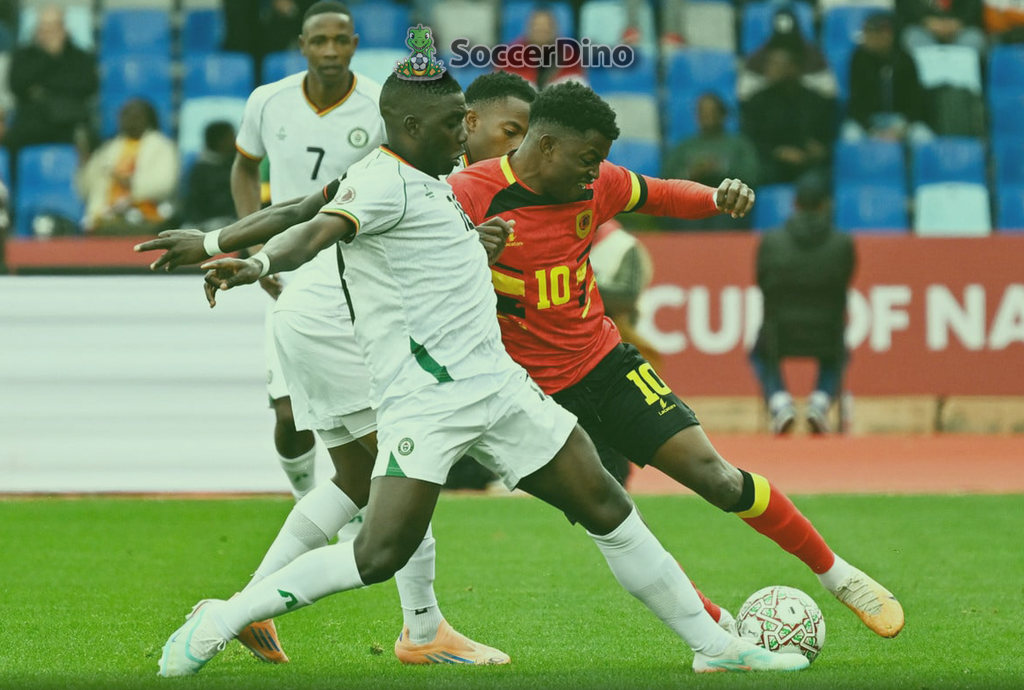The Club World Cup has been a great success in terms of refereeing innovation, according to Pierluigi Collina, chairman of the FIFA Referees Committee. For the first time, referees wore bodycams, a new eight-second rule for goalkeepers was introduced, and an advanced version of the semi-automated offside technology was applied.

The most striking innovation at the recent Club World Cup was undoubtedly the use of referee bodycams, a pioneering initiative that allowed television audiences around the world to experience the match from the viewpoint of the referee himself.
For the first time in a FIFA competition, fans were granted a unique, first-person perspective of the intense and fast-paced action on the pitch, providing an unprecedented level of transparency in refereeing. Pierluigi Collina, chairman of the FIFA Referees Committee, was full of praise for the initiative, calling the trial a complete success.
"The outcome of using the ref cam exceeded our expectations," Collina stated via FIFA’s official channels. "We thought it would be an interesting feature for viewers, but the feedback we received was extraordinary. Many people asked why we don’t have it in every match, and even suggested that such technology should be used in other sports as well." According to Collina, the bodycams were not only designed for viewer entertainment but served a much broader and more meaningful purpose.
"This was more than just a technological gimmick. The bodycam provided us with the rare opportunity to see exactly what the referee sees in real-time, including the angles, the obstructions, and the rapid decision-making required on the field," he explained. "This perspective is invaluable, not just for fans who gain a deeper appreciation for the challenges referees face, but also for referee training and education. It helps us better understand why certain incidents are missed and improves our coaching methods. That objective was achieved one hundred percent."
Another significant innovation was the introduction of the eight-second rule for goalkeepers. Under this rule, goalkeepers are only allowed to hold the ball in their hands for a maximum of eight seconds. If they exceed this limit, the opposing team is awarded a corner kick rather than the traditional indirect free kick. This rule was put into practice during the tournament, with Sundowns goalkeeper Ronwen Williams among those who experienced its enforcement firsthand.
"The implementation of the eight-second rule was highly successful," Collina noted. "It effectively eliminated the delays caused by goalkeepers holding onto the ball for extended periods a tactic often used in the past to waste time, especially in the closing stages of matches. The fact that only two goalkeepers were penalized throughout the tournament shows that the rule was respected. That was precisely the point: we weren’t looking to hand out corners unnecessarily, but to discourage time-wasting and keep the game flowing."
Beyond the bodycams and the eight-second rule, the Club World Cup also showcased an advanced version of semi-automated offside technology. This upgraded system was designed to accelerate offside decisions and enhance their accuracy. Collina expressed great satisfaction with the system’s performance during the competition.
"The technology was able to send a signal to the assistant referee even before the attacking player could run tens of meters in an offside position," he explained. "This not only sped up the decision-making process but also reduced the likelihood of controversial calls. We are very satisfied with the results: the technology led to the correct disallowing of goals that were indeed offside, and it confirmed the validity of correct decisions on the pitch. This reinforces our commitment to integrating technology where it improves fairness and the overall flow of the game."
In total, a significant contingent of 117 match officials including referees, assistant referees, and video assistant referees (VAR) participated in officiating duties during the Club World Cup. According to Collina, the tournament was a resounding success not only for the teams and players but also for the referees, who played a critical role in ensuring the competition was conducted fairly and efficiently.
"It was a great competition, well played by the teams and excellently managed by the referees," Collina concluded. "Everyone who participated, from players to officials to organizers, should be proud of being part of this historic first edition of the revamped Club World Cup. It showcased not just the best of club football, but also the best of what modern refereeing supported by innovation and technology can offer."
The success of these innovations at the Club World Cup could pave the way for their broader implementation in other FIFA tournaments and potentially domestic leagues worldwide. If these trials are anything to go by, fans, players, and referees alike could be on the cusp of a new era of transparency, efficiency, and fairness in football officiating.







